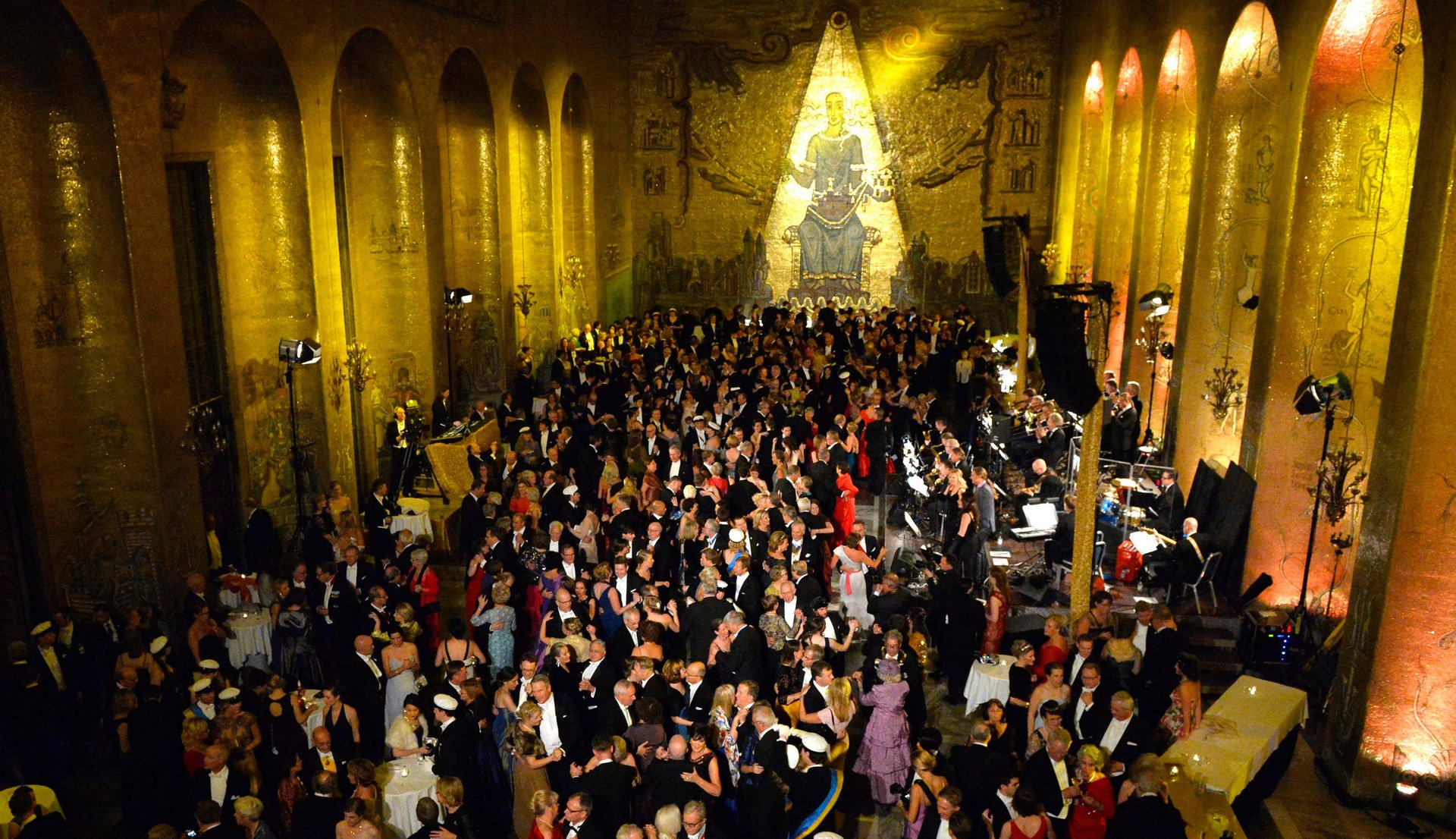In defense of the Nobel Prize
Even if you’re not a scientist or literary critic, you likely couldn’t help but notice that this week was Nobel Prize week (the last prize, in economics, will be announced Oct. 9). Though most people may not remember any winner’s name next month, these 10 laureates will walk as demigods among colleagues for the rest of their lives.


Even if you’re not a scientist or literary critic, you likely couldn’t help but notice that this week was Nobel Prize week (the last prize, in economics, will be announced Oct. 9). Though most people may not remember any winner’s name next month, these 10 laureates will walk as demigods among colleagues for the rest of their lives.
They will also walk past more than a few raised eyebrows.
Awarding a prize to a few humans for such grand achievements is inherently unfair. Prizes by nature require arbitrary limitations; the science Nobels, for instance, don’t recognize large collaborations, and are restricted to anachronistic categories (where’s the technology Nobel?). Interpretations of achievement are subjective: The peace Nobel, for example, seems to reward hope more than actual peacemaking, with US president Barack Obama and Colombian president Juan Manuel Santos. And prejudice complicates the entire picking process: Science Nobels overwhelmingly go to white men (women have won 18 of 599 prizes), while the literature Nobel has been criticized for excluding worthy contenders—such as Leo Tolstoy—that don’t fit the Swedish Academy’s political world view.
But as our attention careens between disasters, massive sporting spectacles, and overhyped entertainment awards, there’s still something valuable in setting aside a week to celebrate knowledge itself. Other disciplines have their “Nobels” too, like the Fields Medal in mathematics or the Turing Award in computer science. But it is only the Nobel Prize that manages to draw attention from beyond the ivory tower, turning even the man and woman in the street to marvel at our ever-growing pyramid of human invention and ingenuity—in a vital counterbalance to calls from politicians to reject “experts.”
Arbitrary and subjective as they may be, prizes and competitions seize the public’s attention precisely because they give us heroes. They make people care about abstract subjects through the story of an individual, even if our desire for role models is flawed to begin with. Critics of the Nobel Prize, often journalists or academics, tend to take a zero-sum approach when they decry the Prize’s selection flaws. But perhaps a better approach would be to shed light on even more prizes and deserving individuals on the frontiers of human knowledge, instead. After all, Nobel week doesn’t have to be the only week each year when we celebrate what it means to be an advanced species.